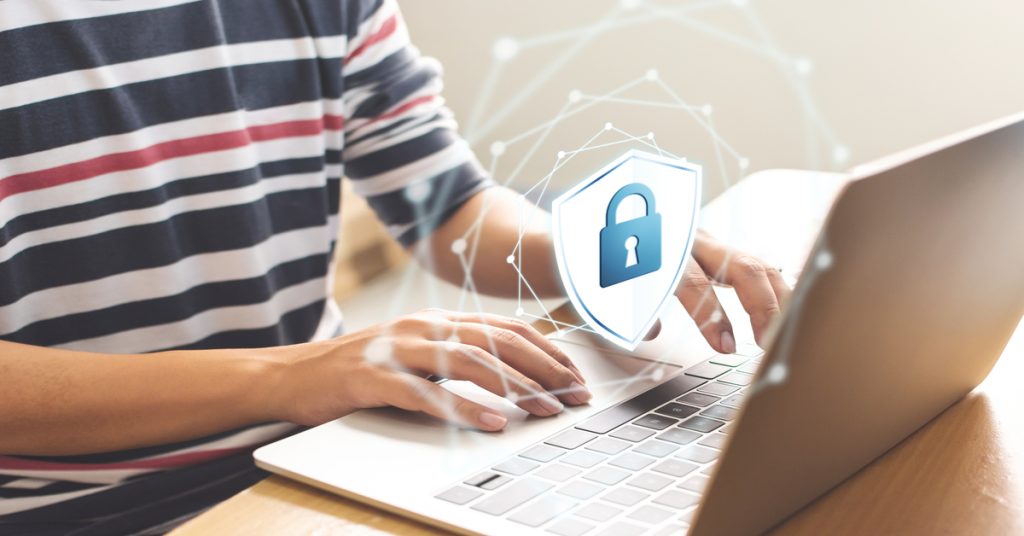As a small business owner, you might think your business is not a target for a cyber-attack. Your business is as much a target as the big businesses. The criminals know that small businesses have weaker defenses, so you are in their sight.
What is at risk for your business?
- Sensitive data such as strategy, customer lists and more.
- Usernames and passwords to your email, social networking, and bank websites.
- Money.
What form could the threat take?
The threats to your small business come as:
Phishing – a criminal posing as a familiar person sends you an email to get you to click on a link. The aim is to steal information which can be used for different purposes, e.g. to gain access to any of your accounts.
- Email attachments – these are the most common ways to get viruses or malware. The attachment might be a document, Word file, PDF, etc. but it may have a virus or malware.
- Public Wi-Fi – these are networks that are not password protected so users can connect to them for free. They are common in hotels and other public places.
- Malware – Malware is the general term for any software designed to damage or gain unauthorized access to a computer.
- Ransomware – is a software that encrypts your files and denies access to them. The attacker will ask you to pay a ransom to regain access. This is a serious form of attack that can disrupt your business.
- Social Engineering – this attack tricks you to divulge sensitive data. It can come through email, over the phone or in person.
Ways to Avoid Phishing
- Click on the email address of the sender to check if the sender is the person or entity it purports to be.
- Place mouse over the link to see where it goes. Do not click the link.
- Use unique passwords across websites and applications.
- Enable and use two-factor authentication on applications and websites that allow it.
- If a data breach occurs, change your password immediately.
Ways to Avoid Attacks through Email Attachments
- Never open or save attachments from an unknown sender.
- If it looks suspicious, don’t open or save the attachment even from a known sender.
- Inform your IT department if you receive a suspicious email.
- Never open or respond to spam email.
Ways to Stay Safe on Public Wi-Fi
- Treat public Wi-Fi connections as unsafe. Avoid it if you can.
- Verify the Wi-Fi name with the business owner before connecting.
- When using public Wi-Fi do not visit sensitize websites, e.g. email, social media, banking sites.
Ways to Avoid Malware and Ransomware
- Install antivirus on every device and always keep it updated.
- Be careful about the external drives you connect to any of your devices.
- Install original software and update it often.
- Be careful when you are downloading free things, they may have a virus.
- Always keep the backup of your data offsite or on a cloud storage.
Ways to Avoid for Social Engineering
- Be cautious when disclosing information on the phone or via email..
- Increase employee awareness to cybercriminal tactics.
Takeaway
If you use computers, phones, and the internet to run your business, you are at risk. A cyber-attack can cost your business it’s reputation, money and time. You must take action to reduce the risk of being hacked. The ideas above can help to protect you and your business.
For more blogs and information please follow SCG Chartered Accountants on Facebook, Twitter, Youtube and LinkedIn.

